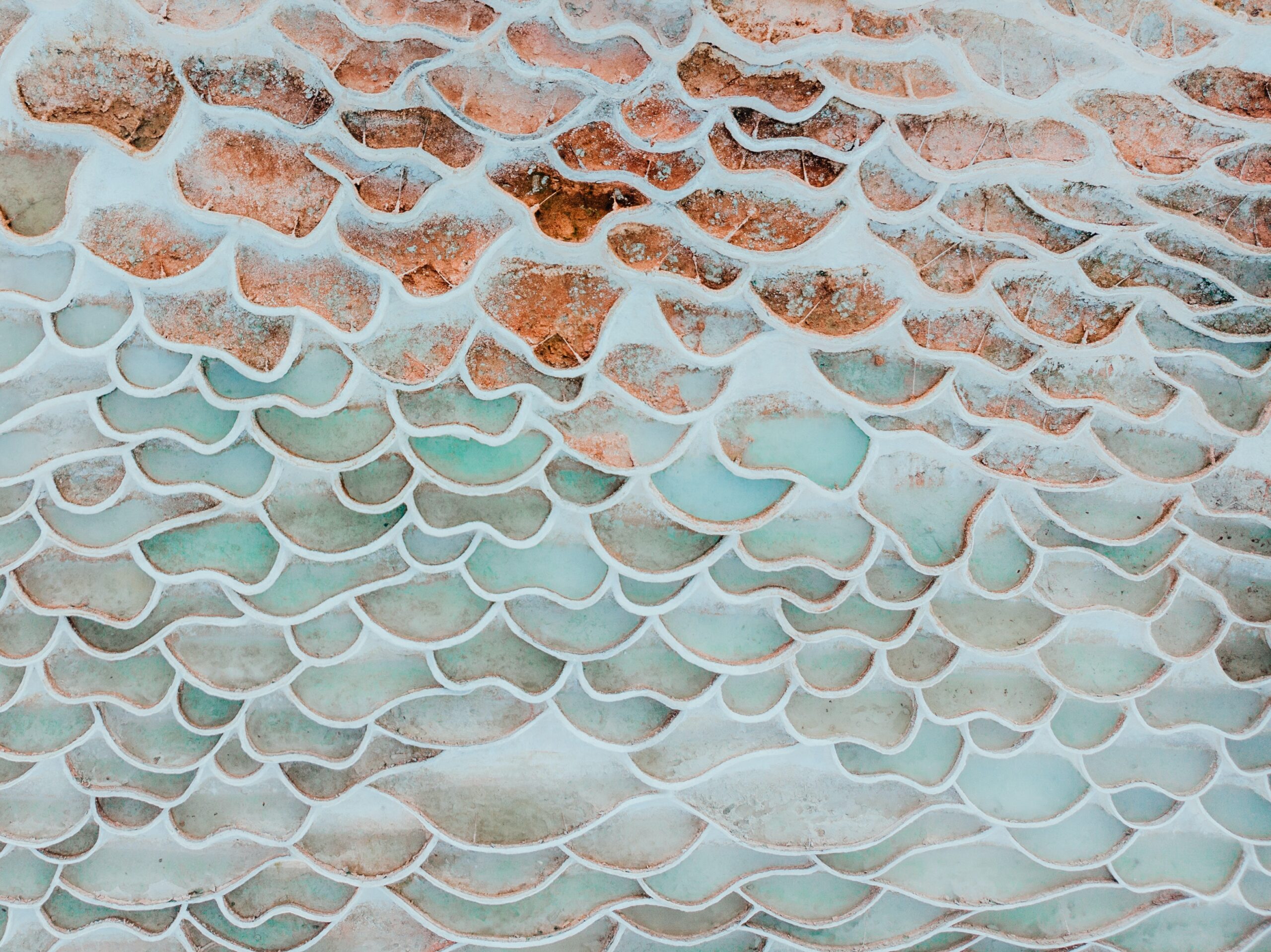To write poetry you need a philosopher’s heart, but to write philosophy, you don’t need to be a poet. Metaphor is one of the most universal mechanisms for integration of knowing. Thinking about something is just a superficial process, but knowing is deep, and that’s where true philosophers find their work, where poets have to pull their words from.
I think maybe that’s why philosophy, in its pure form, has fallen out of fashion, and taken poetry down with it. It still pervades everything, but you just have to squint and tilt your head to the side to find it, and you’ll only notice it if you know what you’re looking for. Like searching for chanterelles in the leaf litter of the forest. Once you get your eye in, you find them everywhere.
Communicating thought requires language. It doesn’t have to be words. All forms of art are language.
Any artist can tell you that art isn’t just about thinking. It’s about feeling.
And feeling activates a completely different part of the brain than thought-based language. Emotions are transcribed using another lexicon entirely. It’s more subjective, experiential, subtle.
The commercialization of art on a vast scale, the mass production and delivery of art as a corporate commodity, has broken our artistic vocabulary down to a few syllables. It has stunted our ability to think and feel. So even as we all crave connection through creation, expression, the synergistic communication that art provides to both the maker and the receiver, our ability to participate in this process has been bought out, dumbed down, diminished.
If our art all comes to us pre-digested, packaged, portioned out into disposable increments, it circumvents all the cognitive processes required for human beings to relate to one another by defining the narrow range of acceptable feelings we are conversant in. It puts restrictions on the emotional colour palettes we have available and disconnects the neural pathways to certain forms of expression and experience.
This is how capitalism has corrupted art as a tool of oppression, to keep us numb and unable to access the dangerous vocabulary of feeling, of deep knowing, the language that allows us to recognize that we are all part of the same entity, the same living system, not separate, not other, not isolated. Art uses a language that transcends divisive structures of economics, of politics. (The art itself may ave a political message, but the language it uses to communicate that message exists outside political frameworks). This is what makes poetry so dangerous. So radical and subversive.
Not only because it reminds us how to think and how to feel, but how to spread those thoughts and feelings across the boundaries that capitalism builds out of the necessity for competition. To pit us against each other by making us forget that we are all one.
The only antidote may be a voracious appetite for art of all kinds. Consume as much as you can until you’re fit to bursting. Not just what you’re sold, but whatever you can find. You’ve got to go seeking out art that doesn’t just soothe you, but that makes you uncomfortable.
Poetry is not for cowards.
Art is revolutionary.

